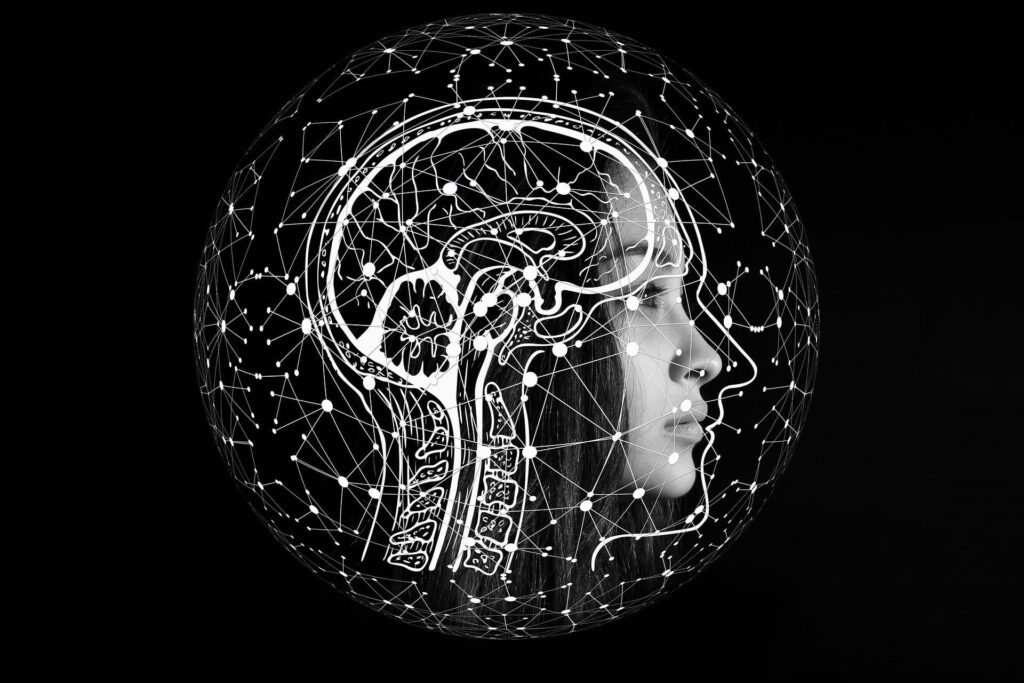
Since the invention of the first computers, a primary goal of scientists and developers has been to create a machine that is capable of learning and thinking autonomously from experiences presented to it. Any computer capable of doing this would clearly, provided with modern supercomputer processing power, soon be able to outthink the brightest humans. Leaving aside the question of whether this is desirable (we’ve all seen Terminator), Google’s DeepMind Artificial Intelligence (AI) programme has arguably reached and surpassed this goal.
DeepMind began in 2010, the brainchild of a trio comprising a computer scientist, a neuroscientist, and an entrepreneur. After attracting investment from such notable figures as Elon Musk, it was acquired by Alphabet, Google’s parent company, in 2014. The DeepMind system cut its teeth on an unusual training programme consisting of popular early arcade games such as Breakout and Space Invaders. The system would be presented with a game but no explanation of it; using its neural network it would teach itself to play the game, rapidly becoming more proficient than any human player.
The system really caught public attention 2015 with its AlphaGo program, designed to play the classic Japanese board game of Go. To play this game well was one of the gold standards for AI, AlphaGo being even more complex than chess in terms of the possible combinations available. Again teaching itself to play, AlphaGo rapidly moved through the ranks of human players, culminating with a triumph against the world’s number one player in 2017. It should be noted that the difference between AlphaGo and previous game-playing systems, such as IBM’s Deep Blue chess computer, is that earlier systems were trained with hundreds of thousands of previous human games. Building up a database of the moves that had been most successful in the past; AlphaGo relied on nothing but what it could teach itself. In a sign of the incredible speed of improvement attained by DeepMind, the next iteration of AlphaGo, AlphaGo Zero, beat its predecessor 100 – 0 after learning the game for just a few days (AlphaGo trained itself for months).
With such impressive (or frightening, depending on your point of view) capabilities, DeepMind can be applied to virtually any field; it has already been deployed for such varied uses as creating Google’s text-to-speech app and solving the problem of protein folding, regarded as one of the greatest challenges in science. It is in the medical field that some of the most exciting potential for DeepMind exists; the system has partnered with a number of UK health institutions in a variety of ways. At London’s Moorfields Eye Hospital the system has been used to check patient eye scans for signs of disease, at University College London it has been employed in checking scans for cancerous tissues, and at the Royal Free Hospital and Imperial College it has been used to develop apps that monitor patient records to alert clinicians to potential imminent health risks such as kidney injury. In all these endeavours the system has proved superior to human operators, with greater levels of accuracy and massive time savings. Ultimately it is hoped that the system can be used in conjunction with wearable health monitoring technology to process millions of pieces of information from the body hourly, rather like having an invisible team of physicians in attendance on an individual at all times.
As ever with new technologies, ethical concerns have been raised. Many have expressed misgivings about the huge amount of patient data to which the system has been given access, with the potential it offers for manipulation, exploitation and possible security breaches. There is also concern as to how far such a self-teaching system can be controlled; ongoing experiments are being run to see if the system could override its own kill switch if it deemed it necessary. Perhaps with such a plethora of philosophical and ethical questions to be addressed the best thing we could do is ask DeepMind to have a think about it and tell us the answers…